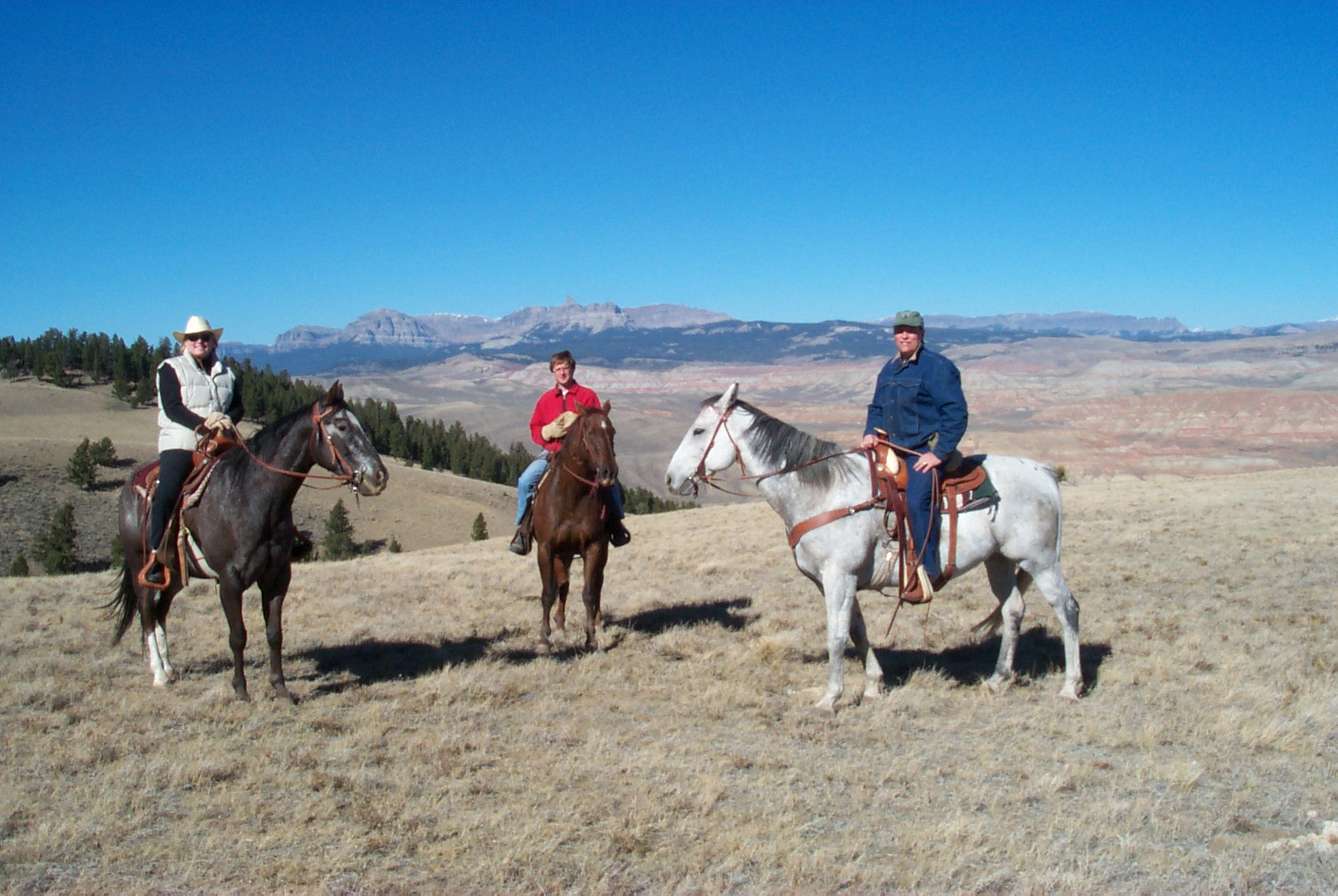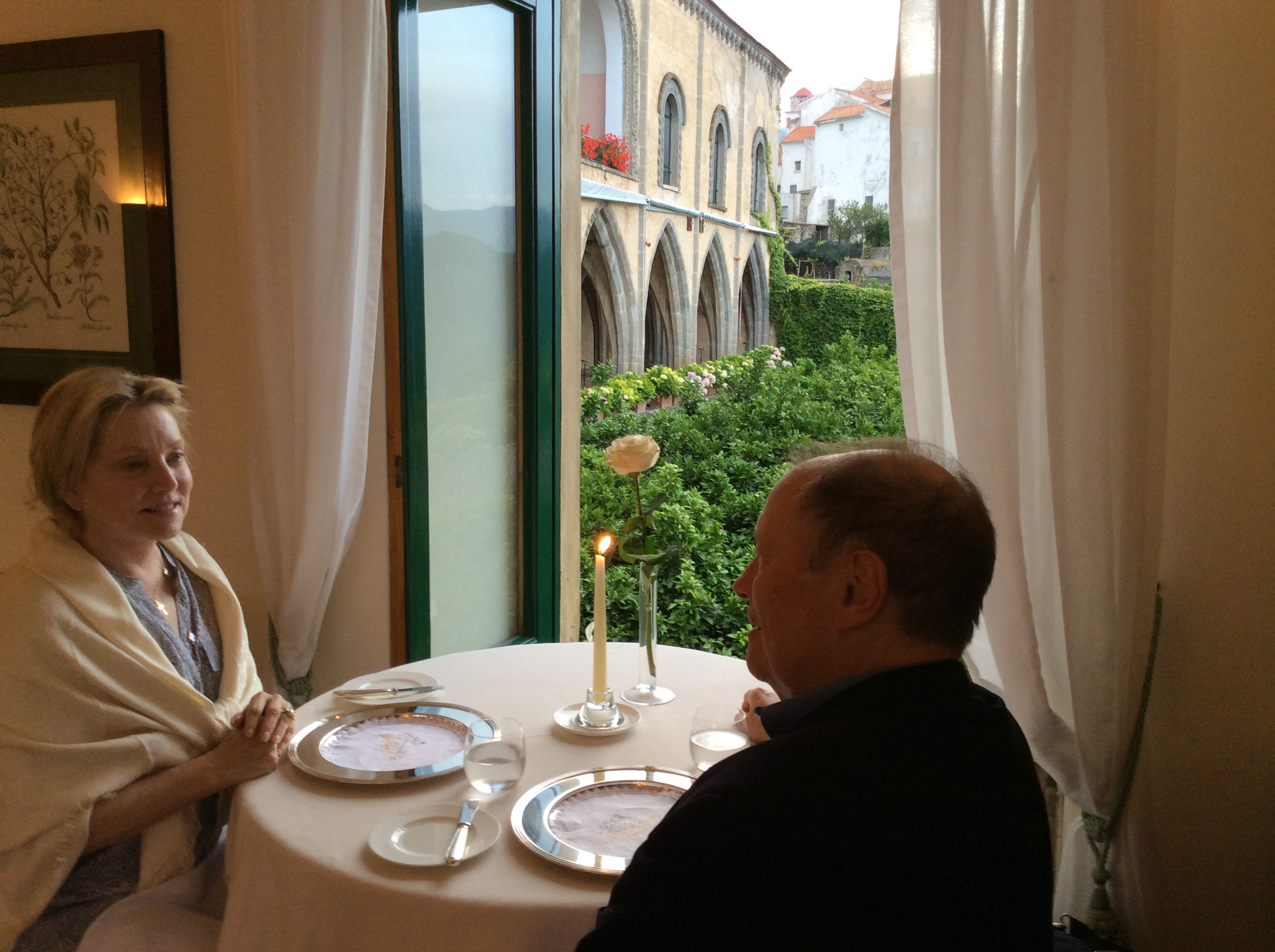Mike Rediker Enjoys Exploration and Discovery in Practice and in Travels
Mike Rediker Enjoys Exploration and Discovery in Practice and in Travels
Mike Rediker, a partner in RK’s Birmingham office, has enjoyed a long and fulfilling career representing a wide variety of clients in financial services, securities, commercial, and professional liability litigation. Spanning more than four decades, his practice, which is national in scope, has served financial and banking institutions, public companies, private companies, government entities and more. A trailblazer in securities law, Mike talks about the evolution of his practice and his passion for exploration and discovery in his travels.
“Before I even started my practice, my training even was fairly extensive because Harvard Law School offered a specialization in securities regulation,” said Mike. “I took extra courses and seminars and completed a year-long thesis in securities law,” he continued. “When, I arrived in Birmingham, I was the only securities lawyer in the firm I joined.”
Mike explained that he worked for a number of years representing public companies—banks, commercial business and insurance companies before he began a firm with a sole practitioner with a master’s degree in tax law who needed a securities partner. “I expanded my line of work to include stock brokers, public offerings, stock exchange listing and high level securities law,” said Mike. “I was working the entire range of securities business—from companies that issue them to those that manage investments, from those that sell stocks and bonds to investors to the investors themselves.”
In addition to building his practice, Mike was called upon to develop and teach a securities course at the University of Alabama School of Law. “I’d work all day, spend an hour driving over to Tuscaloosa and then teach a 2-hour, senior level course before heading home to do it again the next week. I did that for about 10 years, during three of which I also taught at Samford University’s Cumberland School of Law in Birmingham,” said Mike. He continued teaching for many years as an adjunct professor or Continuing Legal Education lecturer until just three years ago when he decided he would “slow down” and focus solely on his work as a full-time lawyer.
“My work gradually evolved so that by the end of the 1980s, litigation on securities and financial matters became a majority of my practice,” said Mike. In offering a small snapshot of the type of work he does, Mike said, “A lot of what I do is to deconstruct the work of lawyers and professionals who put a deal together, to uncover what has been done and how, what was disclosed and what wasn’t, and if any of what was left undisclosed is material, identify a remedy. Securities law says that companies’ have a corporate responsibility not to suppress the truth and I help companies ensure they are being good corporate citizens. I also advise on financial reporting, proxy contests and other corporate events, especially in the cases of mergers and acquisitions and on professional conduct to ensure brokers, CPA’s, investment advisors, etc can continue to do business. If it involves any aspect of making or losing money in financial transactions, I can get involved.”
Mike finds his work fascinating and challenging. “Every single case is different. If I’m working with a failed company, there are different reasons the company may have failed, different people involved, a different industry and different regulations depending on the state,” he said. Mike enjoys the opportunity to fully explore what makes an investment or company work. “I have to understand the money flow—where it comes from, the mechanism for raising it, what makes an organization or investment profitable, etc. Incrementally over the past 48 years, I’ve learned how almost every sector of the American competitive economy works,” he noted.
When considering the biggest changes of his years of practice, Mike notes that most of the biggest changes are driven by statutory changes. “For example, when Congresspassed the Tax Reform Act in 1986, one of the results was that it became difficult to use tax advantages to do private fundraising and this impacted the bond issuing field and was one of the reasons my work evolved into litigation,” he said.
The volume of trading and expansion of markets is another major change since Mike began his career in the late 1960’s. “When I began working, it was mostly just the three major exchanges-NYSE, American Stock Exchange and NASDAQ, which was for trading of off-market stocks. Now, securities are traded at all times of the day and night in markets throughout the world,” noted Mike.
“In addition to the sheer volume, the landscape of securities transactions has changed as there is much wider dependence on the referring brokers who meet with investors and use clearing brokers to handle the back office work,” explained Mike. “The clearing brokers, which are often located in another state, have never met with the investor, and who may or may not have the duty of supervision, become targets for lawsuits,” said Mike.
With larger volumes and more opportunity for trading, it’s not surprising that the recovery amounts for lawsuits have also grown over the years. Mike recalled his largest single case recovery of $110 million for the State of Alabama public employee pension fund for state teachers and other state employees as one of his biggest achievements. “Many of the large recoveries I’ve won were reported in, Forbes, Wall Street Journal, New York Times and other financial publications,” he said.
Another achievement Mike is proud to be part of is that he tried the country’s first, wholly paperless/electronic civil trial, held in the US District Court, Southern District of Ohio in Cincinnati in 1992. “The trial ran for two full months without IT problems and we recovered a large amount for the investors,” said Mike. “Afterward, the Judge—Chief Judge Carl Rubin—traveled the country supporting and sharing the advantages of the electronic trial.”
Despite working on extremely complicated litigation with many moving parts, the toughest part of Mike’s work is turning down representation of a client. “I have to be comfortable with the integrity of the client and ensure that I know and trust the client,” he explained.
An explorer at heart, Mike’s investigative and discovery skills are well used both in his work and when he’s spending time on his ranch in Wyoming or traveling the world.

“My wife and I have 100 acres of gorgeous land that backs up to thousands of federally-owned acres of unspoiled country in the Wind River Mountains in Wyoming that we’ve owned for 25 years. I enjoy fly fishing, both salt and fresh water, and horseback riding,” he said. “The winters are too brutal now,” he noted, “but we used to take sleigh rides, ski and ride snowmobiles. Now, we canoe, raft, fish, ride and hike during the summer months,” he added.

In addition to traveling to Wyoming, Mike’s traveled around the world extensively, but prefers the beauty and food of Italy above all others. “I’ve been around the world twice including every continent, but I’ve traveled to Italy at least 15 times and never had a bad meal there,” he said. Considering the pristine lakes and rugged mountain beauty of the Wind River Mountains, it’s understandable why Mike’s favorite place in Italy is Ravello, a peaceful, quiet, hill town in Southern Italy with a small population that offers stunning views of the Mediterranean and Amalfi Coast. He said his most recent trip to the region involved staying in the world-famous Villa Cimbrone, an exclusive hilltop hotel set in a restored 11-century manor offering a short walk from the Villa’s famous gardens and terraces, and his next trip will involve a villa in Tuscany.
During his travels Mike enjoys photo hunting. “I used to hunt with a gun, but now I use a camera. I’ve captured amazing photographs of Alaska, Antarctica and Africa,” he said admitting to taking more than 2500 pictures in Africa and photographing everything imaginable in Italy.
When he’s not holding a camera, you can expect to find a golf club in his hands. “I’m a golf fanatic,” he confessed. “I’m not great at it, but I love playing and exploring different places to play during my travels.” He’s played several courses in Scotland, as well as in Nevis, Hawaii, and mainland U.S. courses from Florida, across the Carolinas, to New Jersey, and numerous western states. Next up on his list: Ireland.